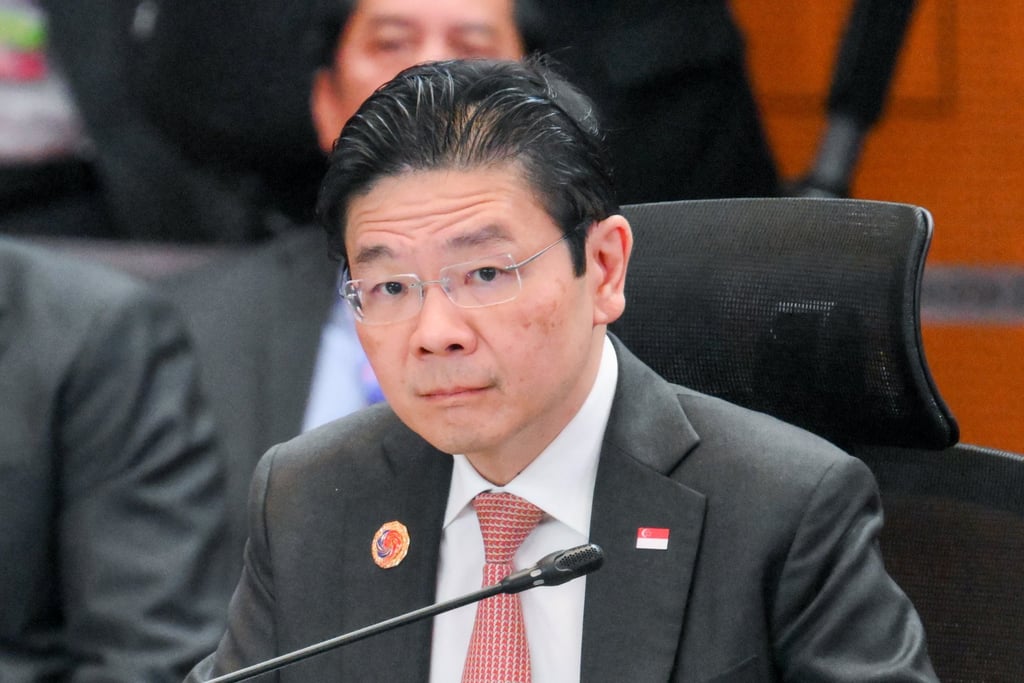Land-scarce Singapore officially remains non-committal about building a nuclear reactor, but experts say all signs point to the city state turning to atomic energy to meet its net-zero goals by 2050.
The discourse around civilian nuclear energy has picked up in recent years, with Singapore studying its deployment, developing expertise and partnering with established companies and nuclear nations such as the United States and France to prepare for a possible shift.
The government, however, maintains that it is still weighing its options and says no final decision on nuclear has been made.
In his budget speech in February, Prime Minister Lawrence Wong pledged an additional S$5 billion (US$3.85 billion) for Singapore’s Future Energy Fund to develop clean energy infrastructure “be it in electricity imports, hydrogen or nuclear”.

Asked whether the compact, 735 sq km (284 square-mile) nation should harness nuclear energy to meet its climate goals, Alvin Chew, a senior fellow at the S. Rajaratnam School of International Studies who researches civilian nuclear energy, was unequivocal.
“Absolutely. The only type of renewable that is viable in Singapore is solar power,” Chew said.


